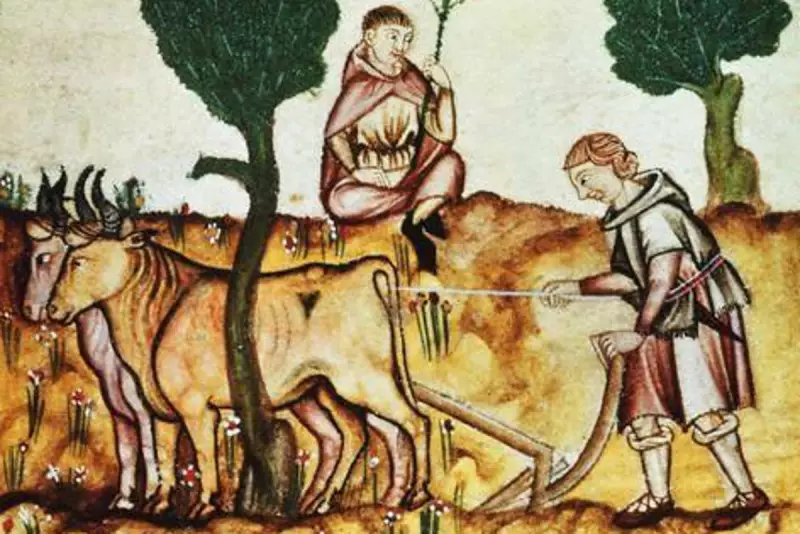
New historical research reveals a surprising contrast between medieval labour practices and modern UK employment rights, showing some English peasants enjoyed more generous sick leave entitlements than many contemporary workers.
Medieval Benefits Versus Modern Realities
A groundbreaking study from Durham University shows that peasants on the Ramsey Abbey estate in Huntingdonshire could claim up to a year and a day of sick leave from working the lord's lands when ill. This stands in stark contrast to modern British workers, who are among the least likely in Europe to take sick leave despite losing an estimated 44 days' worth of productivity annually through working while unwell.
While most UK workers now receive at least 28 days of annual leave, there remains no statutory right to bereavement leave except after losing a child under 18. Medieval peasants, however, received specific compassionate allowances, including 30 days of leave for widows following their husband's death.
Varied Medieval Entitlements Across Estates
Not all medieval peasants enjoyed equal benefits. Leave arrangements were negotiated individually between lords and tenants, creating significant variation across different manors. On the Ramsey estate, arrangements proved particularly generous, while elsewhere peasants might receive just a fortnight or month of sick leave.
At the less fortunate end of the spectrum, tenants of Wisbech in Cambridgeshire received no sick leave whatsoever, with manorial instructions stating that even when ill, "he will do the labour services he owes".
These medieval entitlements didn't constitute paid leave in the modern sense but effectively excused tenants from their rental obligations during illness. Customary tenants, known as villeins, typically worked between one and three days weekly on the lord's lands instead of paying rent.
Patterns and Costs of Medieval Absence
Records show particularly high absence rates during harvest season on the Ramsey estate, possibly due to overwork, exhaustion, or workplace accidents. Some historians suggest tenants might have exaggerated illnesses during this crucial period when replacement labour proved most expensive for lords.
Although entitled to a full year's sick leave, most absences proved much shorter. Richard Berenger missed just two days after harvest in 1343, while Richard Colleson of Warboys in Cambridgeshire required a full year's absence in 1347/48, missing 156 work obligations.
Such extended absences could significantly impact manorial economies. Battle Abbey in Sussex recorded paying 14 shillings to replace a ploughman sick for 84 days in 1420/21.
Beyond sick leave, medieval peasants enjoyed numerous religious feast days and festivals, ranging from just a handful to around 30 days annually depending on the manor. Though technically forbidden from working on these days, church court records show some peasants were fined for working their own lands or earning extra wages elsewhere.
Researchers caution against romanticising medieval peasant life, noting they faced numerous restrictions and punishments, including fines for fornication. Yet the existence of such comprehensive leave entitlements within this harsh existence makes their presence all the more remarkable.





